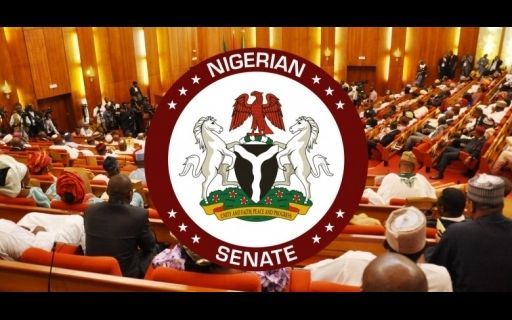Notwithstanding the controversies that trailed the four Tax Reform Bills forwarded to the National Assembly for passage by President Bola Tinubu, the Senate, yesterday, passed the bills for second reading.
The apex legislative chamber passed the contentious bills following a comprehensive discussion on the proposals by senators, when it was presented for consideration.
This happened barely 24 hours after the interactive session of the members of the Presidential Committee on Fiscal Policy and Tax Reform with senators.
The Senate President, Godswill Akpabio, who had given his full support to the bill alongside Senate Leader, Opeyemi Bamidele, Senators Seriake Dickson and Tahir Mongunu, however, said he would not call for vote on the bill until he heard from Senator Ali Ndume.
Contributing to the debate, Ndume said that there was no doubt that reform was necessary for development to take place and for a country to move forward.
“I am not against reforms and I am not against this tax reform; but let it be on record that I said that my problem with the bill is number 1, the timing; number 2, the issue of derivation makes the reforms contagious, contaminated and contradictory, because the constitution has to be amended in order for some of this proposals to be effected.
“As the Senate has decided, we should not throw away the baby with the birth water. I would have preferred we remove the baby and throw away the water first; and that is to go with what the governors and NEC propose that this bills should be withdrawn first for us to work on it and then submit it to the National Assembly again after getting the buying of the governors, NEC and even our traditional rulers. Yes, the bills possess so many good things but these two issues of derivation and VAT should be addressed at the public session,” he said.
However, the Chief Whip of the Senate, Tahir Mongunu, immediately opposed the submission by Ndume, saying that it would violate the rules of the Senate, which was drawn from the Constitution of the Federal Republic of Nigeria.
“I beg to disagree with you that these bills should be withdrawn first and consultations should be made to the Nigerian Governors Forum and traditional rulers.
We have our procedures, which are clearly and unambiguously stated in our rules book for the purpose of law making, and the constitution in a very clear manner gave us the power to regulate our proceedings in section 60.
“Pursuant to section 60 of 1999 Constitution (as amended), we gave these rules to ourselves in order to guide our proceedings and the process of law making is very clear and unambiguous: after second reading it will now be transmitted to the committee for public hearing.
“In the course of the public hearing, Nigerians from all walks of life, including the governors and traditional rulers could come and ventilate their opinions before the public hearing so that our committee could look at various opinions, aggregate it and then bring it for clause by-clause consideration. “So, this procedure that Ndume has suggested, with all due respect, is foreign to the process of legislation.
It is purely academic and should not be considered,” he averred. Mongunu said that the bills as proposed would remove the tax burden on Nigerians as electricity and medical services are exempted from VAT, and that people that are not earning more than the national minimum wage are exempted from PAYE tax.
Earlier in his lead debate, the Senate Leader said that the Tax Reform Bills was a significant move to overhaul the country’s tax system, saying that the bills aim to simplify the tax landscape, reduce the burden on small businesses and streamline how taxes are collected.
“In broad terms, the four bills seek to ensure uniformity in tax revenue administration in Nigeria in accordance with the provisions of the Constitution, eliminate the incidence of double taxation across the country, deploy taxation as a tool to encourage private sector investments in critical industries and boost individual disposal incomes through targeted tax exemptions as captured in the various bills.















